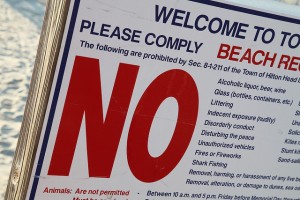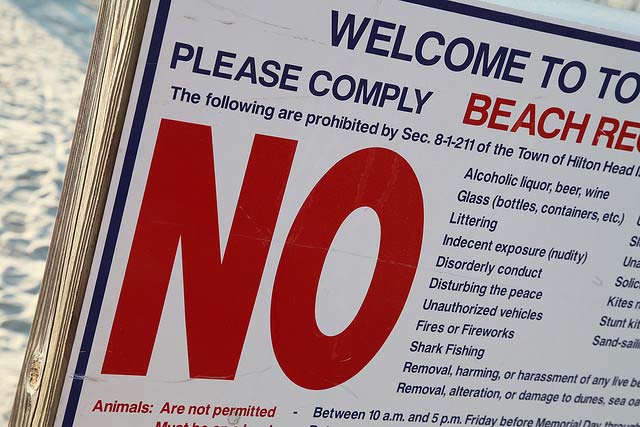
First, failure to comply can embarrass you. New Jersey governor Chris Christie’s “Hurricane Sandy New Jersey Relief Fund” is a generous, well-intentioned endeavor. The website says it’s a “charitable non-profit organization” but the fund is not registered with the New Jersey Division of Consumer Affairs, Charity Registration Section.
I have neither the time nor inclination to check registration status for specific charities, unless they’re my registration clients.
In this case, blogger Blue Jersey had the time and was so inclined. I think that’s embarrassing for the fund. Performer Mary J. Blige was embarrassed earlier this year when her charity was investigated by the New York attorney general.
Do you think only high profile charities are at risk? There was a small Connecticut police charity exposed by a freedom of information act complaint. The head of the organization was fined $22,500.
Second, your board members are at risk because they’re fiduciaries to your nonprofit. I explain the risk and share an example in this video from the Direct Marketing Association Nonprofit Federation.
Finally, the IRS wants to know if you’re complying. Form 990 (here), part VI, question 17 asks for the states in which you’re required to file the 990. That’s a part of registration in every state.
To help you get into compliance I wrote “Charity Registration: State-by-State Guidelines for Compliance.”
Come into the flock of compliant charities and register in each state where you solicit. It matters.

At the risk of speaking for attorneys general, I believe they’ll cite charity registration as a substantial part of the effort against charity fraud. Whether it achieves that end is questionable. Yet registration remains the law.
Of course it matters. And the burden on NFPs is outrageous. Nationwide compliance can come to close to $10,000/year, and for what? You cite a few examples that can be embarrassing or costly, but, as we all know, it’s not the honest ones that are a problem. What we need is a legal system that seeks out problems and rectifies them, not one that burdens responsible orgs with cost and paperwork. Ask your local atty general what s/he is doing to stop fake orgs from stealing money.
Then ask them why they charge for registration–it’s simple–free money.